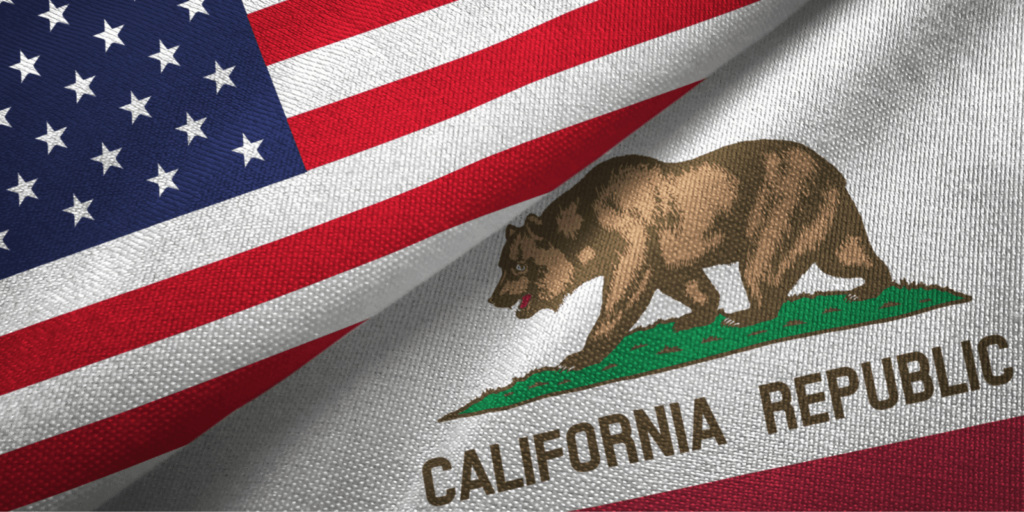Search
3 Important Policy Paths to Household Stability
June 24, 2022

UWBA’s Push for Economic Success, Housing, and 2-1-1 Infrastructure
United Ways of California (UWCA) hosted its second Advocacy Summit on April 26, 2022. The two-day virtual event gathered UW staff, board members, and volunteers with elected officials to explore our policy priorities and budget proposal, to provide opportunities for decision makers and advocates to meaningfully engage.
California’s revenue surplus of over $97 billion provides some hope for families continuing to battle high living costs and economic stress. This surplus allows Governor Gavin Newsom the opportunity to fund programs and support legislation that could provide economic stability for low-income families across the state. United Way Bay Area (UWBA) policy team members and volunteers were there to meet with key legislators to discuss priorities that would be crucial for the legislature and administration to support. Here are 3 policy paths UWBA is supporting to foster overall household stability:
Economic Success
According to the Real Cost Measure, a 2021 study done by United Ways of California, 1 in 5 families with children under 5-years-old in the Bay Area live in poverty, despite 89% of those families having at least one working adult. Tax credits, which are a proven anti-poverty tool, would significantly support low-income communities. During the event, UWBA staff and volunteers advocated for the following bills currently moving through the legislature:
1. AB 1515 (Santiago) Free Tax Prep & Community Engagement
AB1515 (Santiago) would provide $30 million in ongoing funds as grants to qualified nonprofit Community Based Organizations (CBOs) who would increase community engagement and outreach to support more eligible households in claiming the CalEITC & Young Child Tax Credit (YCTC). This investment in outreach and engagement aims to ensure all eligible families are aware of and claim the CalEITC and the YCTC.
2. AB 2589 (Santiago) CalEITC Expansion & the CA Child Tax Credit Payment
AB 2589 (Santiago) would provide $400 million in ongoing funds to benefit roughly 3 million workers without dependents by increasing the minimum tax credit to $255. This bill would also backfill the federal child tax credit with a one-time payment to reach 2 million children in California who may be at risk or are already in poverty.
3. SB 860 (Rubio) Young Child Tax Credit (YCTC)
SB 860 (Rubio) aims to serve roughly 55,000 families by providing $74 million in ongoing funds to permanently expand the YCTC to:
a. include households with no earned income
b. adjust the credit for inflation
c. and require the Franchise Tax Board prepare a report to the Legislature that includes recommendations to provide relief to low-income California taxpayers impacted by offsets and government debt collection
Housing and Homelessness
Addressing housing and homelessness in the Bay Area has never been more essential. Historical disparities continue to influence today’s housing system and operate in tandem with the Bay Area’s immense racial wealth gap, contributing to an environment where Black and Latinx residents are half as likely to own homes and twice as likely to live in poverty (RCM 2021). Many low-income communities and communities of color are still struggling to recover from the pandemic’s financial impact, exasperating the housing instability already plaguing many families. UWBA staff and volunteers advocated for:
1. SB 843 (Glazer) Renter’s Tax Credit
SB 843 (Glazer) requests $1.2 billion in ongoing funds to increase the existing renter’s tax credit to match the current cost of living by:
a. Increasing renter’s tax credits for joint filers earning $87,066 or less from $120 to $1,000
b. Increasing renter’s tax credits for single filers with dependents earning $43,533 or less from $60 to $500
2. AB 2817 (Reyes) The House CA Challenge Program
AB 2817 (Reyes) would provide a one-time $5 billion investment into a program which would authorize the Health and Human Services agency to provide rental assistance to people experiencing homelessness, and grants to local jurisdictions and service providers to connect people to housing and rental assistance. This is estimated to move 50,000 people experiencing homelessness into housing over a 5-year period.
2-1-1 Infrastructure
2-1-1 Bay Area, a program of UWBA, is the comprehensive information and referral service for San Francisco, San Mateo, Napa, Marin, Santa Clara, and Solano counties. In years past, Governor Newsom has endorsed the 211 service as a problem-solving tool for Bay Area residents, and California overall, as it provides over 37,000 callers and texters each year with information about health and human services available to them. 211 connects callers with local community services, such as food, shelter, counseling, employment assistance, quality childcare, senior services, and more. Phone and text services are available 24/7, in 150 languages through phone interpretation, and in English and Spanish for text services.
While trained callers are happy to support the influx of callers who have been referred to 2-1-1 by policymakers, an increase in capacity is needed to meet the higher demand.
$40 Million Budget Proposal
The $40 million budget proposal would support local 211s in ensuring equitable access to the services offered. Of this, $38 million would support 211 Core Operating Support & Community Engagement. These funds, allocated to 211 agencies using an equity funding formula, will be used for core activities such as contact-handling, resource data/website maintenance, outreach, and system operations. The remaining $2 million would support the 211 Statewide Network Innovation Fund which would support:
A. Building shared strategies and project management of state and regional initiatives
B. Statewide ability to manage resource and user needs data to support data sharing, analysis of vital data and trend information for community planning, build sustainability, and improve outcomes
Join us in urging the Governor and legislators to ensure these investments are highlighted in the final budget deal negotiated in the next 6 weeks; they would provide crucial support for our low-income residents throughout the state.


